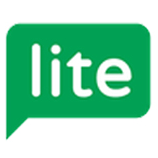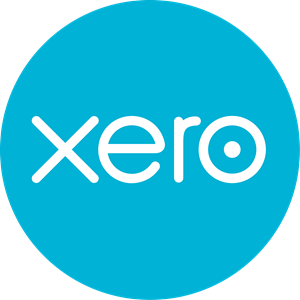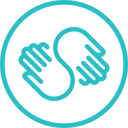How I Created A $120K/Month Book Marketing Software
Hello! Who are you and what are you working on?
My name is Dave Chesson and I’m the founder of Kindlepreneur, a website devoted to help and teach authors how to self-publish, and market their books on Amazon and other online stores.
I’m also the creator of Publisher Rocket, a book marketing software that helps authors with their Amazon book keyword research, Category selection, and advertisement. The software covers the US, UK, and German markets and was recently listed by MarketWatch as one of the top 8 book marketing companies in the world.
Furthermore, in a couple of months, I will be releasing new software called Atticus, which I hope to turn into the best book writing software full of plotting, writing, collaboration, and formatting.
I’m also a 7x bestselling author and when I’m not working on the above, I’m also a consultant to multiple publishing companies and NYT bestselling authors.

Download the report and join our email newsletter packed with business ideas and money-making opportunities, backed by real-life case studies.

Download the report and join our email newsletter packed with business ideas and money-making opportunities, backed by real-life case studies.

Download the report and join our email newsletter packed with business ideas and money-making opportunities, backed by real-life case studies.

Download the report and join our email newsletter packed with business ideas and money-making opportunities, backed by real-life case studies.

Download the report and join our email newsletter packed with business ideas and money-making opportunities, backed by real-life case studies.

Download the report and join our email newsletter packed with business ideas and money-making opportunities, backed by real-life case studies.

Download the report and join our email newsletter packed with business ideas and money-making opportunities, backed by real-life case studies.

Download the report and join our email newsletter packed with business ideas and money-making opportunities, backed by real-life case studies.


































